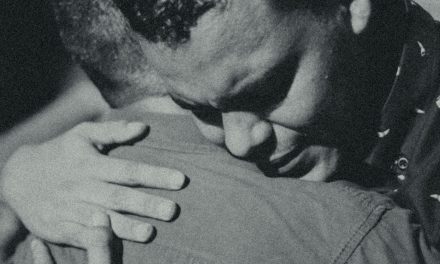
Readings for the Second Sunday of Lent can be found here.
We are still towards the beginning of Lent as we observe what is the beginning of the second full week of Lent. We know that this is a time for penance, for recognizing our sins and responding to them with prayer, fasting, and almsgiving. At times, we may feel some measure of joy in our success at self-discipline. At other times, Lent can feel like a long slog.
Today’s readings can be a boost to us in either of these conditions! During the season of Lent, we want to avoid pride, especially the pride of doing great with a Lenten resolution! And we also strive to avoid despair, particularly that despair of imagining that life is nothing but misery, plus a Lenten resolution. The key is to remember that Lent is primarily about Jesus. We know that Lent includes the story of Jesus being tempted by Satan in the desert, and that it culminates in Holy Week with the commemoration of Jesus’ crucifixion on Good Friday.
But, of course, the true “ending” of Lent is the resurrection of Jesus from the dead on Easter Sunday. Our call to participation in the season of Lent is not about being as awesome as Jesus when he resisted Satan. And it’s also not about being as miserable as Jesus during his passion. It’s about preparing to share in the glory of the resurrection, to recognize our citizenship in heaven. In today’s responsorial psalm, we pray “The Lord is my light and my salvation” (Ps. 27:1). Lent is the process of recalling this truth. In our second reading from St. Paul’s letter to the Philippians, we read:
“Their end is destruction.
Their God is their stomach;
their glory is in their “shame.”
Their minds are occupied with earthly things.
But our citizenship is in heaven,
and from it we also await a savior, the Lord Jesus Christ.
He will change our lowly body
to conform with his glorified body
by the power that enables him also
to bring all things into subjection to himself.” (Phil 3:19-21)
This reading goes perfectly with our gospel passage from Luke for today, which features the story of Jesus’s transfiguration. In the midst of Lent, this passage provides us with a glimpse of Easter glory. Peter, James, and John were obviously bewildered with this event. We, too, should be struck by the significance, and yet, unlike them, we know the whole narrative. We know that it is through his passion, death, and resurrection that we are granted citizenship in heaven. It is this knowledge that frames our understanding and practice of Lenten penance, focusing on heavenly things and letting these order our actions here on earth, with attention to the poorest and neediest among us.



